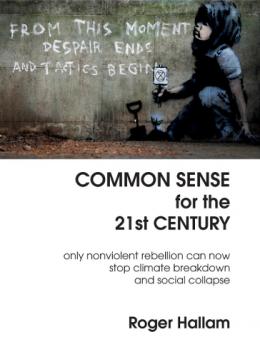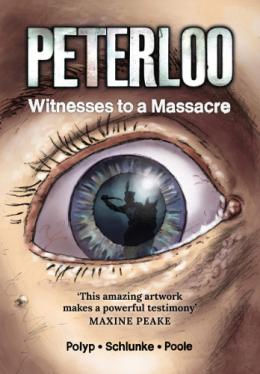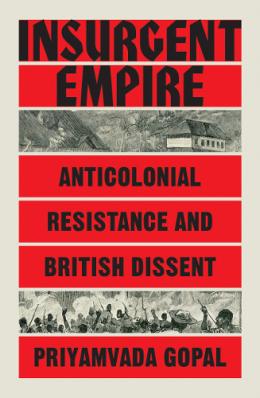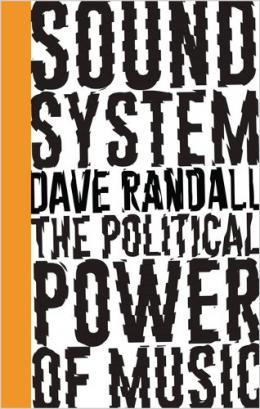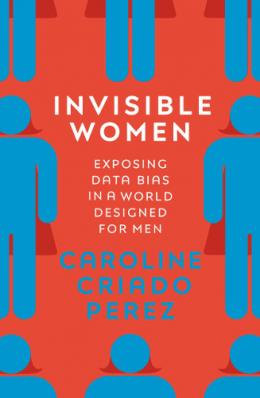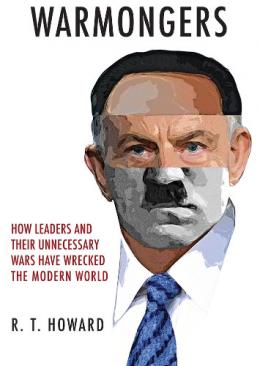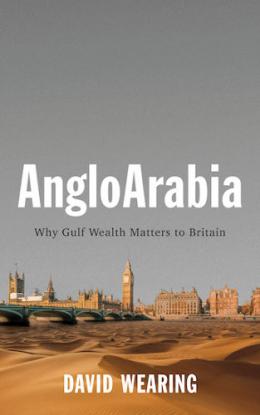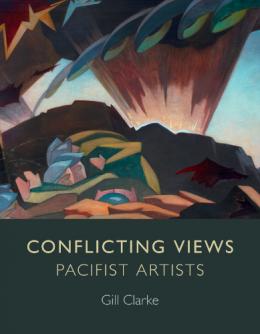According to a recent poll, nearly two-thirds of the British public now believe that climate change is ‘the biggest issue facing mankind’ and over half say that the issue will either ‘greatly’ or ‘somewhat’ influence who they are likely to vote for in a general election – a major shift in public opinion.
Much of the credit for this must go to Extinction Rebellion (XR). And much of the credit for XR’s creation must, in turn, go to its co-founder Roger Hallam.
Indeed, much of what XR has been doing over the past 12 months is…


